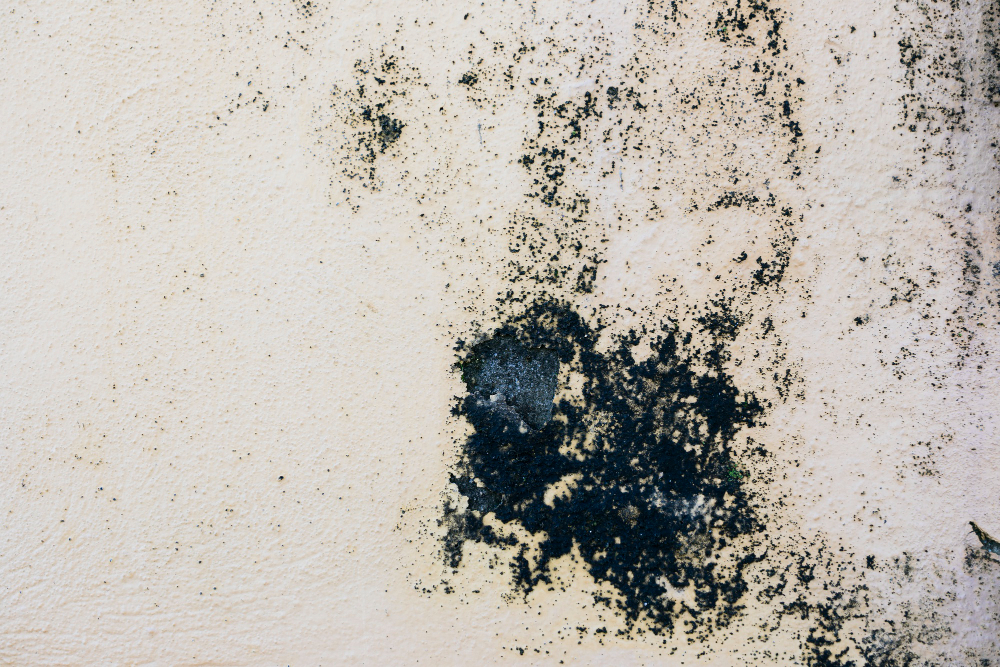
In the realm of home management, where the very walls of our abodes bear witness to the passage of time and elements, one question looms large: Is chemical damp proofing an effective panacea for home moisture-related problems?
Chemical damp proofing, a moisture control technique of wide utility, involves the infusion of a water-repellent or pore-blocking substance into walls of our homes, thereby erecting an impervious membrane against the relentless march of capillary water movement.
The damp proof course (DPC) process is accomplished by injecting a waterproofing chemical (often silicone) into porous foundational bricks till they are saturated and can no longer absorb water. This creates an effective barrier that prevents moisture from rising from the ground and penetrating the brickwork.
But in a landscape where diverse DPC methodologies vie for supremacy, is chemical damp proofing the best solution for your home? The answer is multi-faceted and depends on intricate factors such as the damp extent, building condition and your budget. However, in this article, we will explore some of the pros and cons of chemical damp proofing and some alternatives that you may want to consider.
Chemical Damp Proofing: The Pros
- Efficiency: Similar to other DPC options, chemical damp proofing is effective against rising dampness caused by groundwater seeping into building structures through capillary action. Without a DPC, this moisture menace births mould, erodes plaster and accumulate salt deposits that can cause health problems to you and your family.
- Ease of Application: Unlike other DPC choices, chemical damp proofing is relatively quick and easy to apply as it does not require extensive preparation or disruption to your home. At most, it involves the gentle intrusion of minuscule apertures into your walls, enabling the precise injection of the chemical membrane. What’s more? The process can be promptly completed in a few hours or days, depending on the size of your property.
- Cost Effectiveness: When pitted against its DPC counterparts, chemical damp proofing emerges as the wallet-friendly protagonist. In the UK, for instance, the average cost of chemical damp hovers between £200 to £800 per wall, depending on the wall height, amount of chemical used, and contractor. This is cheaper than other options, such as structural waterproofing or tanking, which can cost thousands of pounds.
- Durability: Most chemicals used for damp proofing have a lifespan of 20 to 30 years, meaning you do not have to worry about reapplying the treatment or maintaining it regularly. Some chemical DPCs even come with a warranty from the manufacturer or installing contractor, giving you protection in case of any problems.
Cons of Chemical Damp Proofing
- Limited Application: Unfortunately, chemical damp proofing is not suitable for all types of damping. It only works against rising damp, which accounts for about 5% of all damp cases in the UK. Therefore, if you have penetrating dampness caused by water leaking through cracks in your walls or condensation dampness caused by excess moisture in the air from poor ventilation or heating, chemical damp proofing will not solve your problem.
- Inflexibility: Not all walls can bear the burden of chemical damp proofing. Some walls may be too thick, porous, or damaged for chemical damp proofing to be effective. For example, stone and cavity walls may remain unyielding to chemical DPC as they may not penetrate deep enough to create a uniform barrier. Also, if you have plastered or painted walls, chemical damp proofing may damage or discolour them, adding to your renovation costs.
- Environmental Concerns: If not handled properly, damp proofing chemicals may react with surrounding flora to release harmful toxic substances into the environment. For example, some chemical DPCs may emit volatile organic compounds (VOCs) that cause respiratory problems, nausea, or allergic reactions. The repercussions may also extend to the soil and groundwater, tainted by the percolation of DPC chemicals.
Conclusion
Chemical damp proofing is a popular and effective method of damp proofing that can be efficient in protecting your home from rising dampness and its consequences. However, it is not a one-size-fits-all solution and may only work for some homes or situations. It would be best if you still considered the advantages, drawbacks, and alternatives before making a decision. Hence, you need to hire a professional and reliable contractor who can provide you with the best quotation and service.
Suppose you are looking for a trusted, experienced damp proofing company in the UK. In that case, London Property Preservation is a damp specialist London landlords and homeowners have relied on for effective and lasting damp-proof courses.